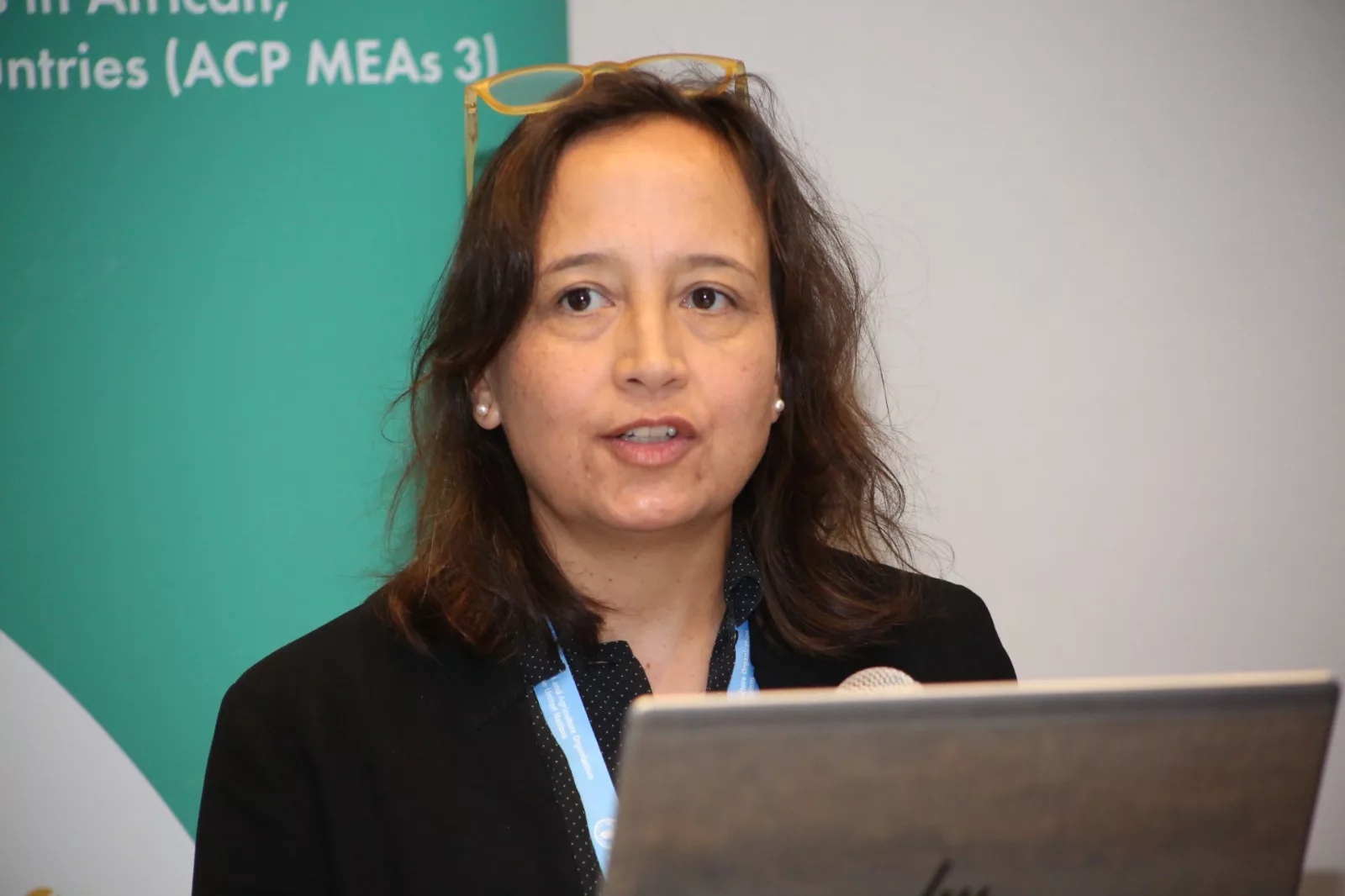|
Getting your Trinity Audio player ready...
|
The Food and Agriculture Organization of the United Nations (FAO) in collaboration with the Southern African Development Community (SADC), has organized a three-day workshop to validate the SADC Biodiversity Strategy and Action Plan (BSAP); developed with technical and financial support of FAO under the European Union (EU) funded Capacity Building Related to Multilateral Environmental Agreements in African, Caribbean, and Pacific countries Phase 3 (ACP-MEAs 3) project.
From 8 to 10 April 2024, more than 80 representatives from SADC Member States, environment and agriculture sectors, development partners, and the private sector will review and validate the revised draft SADC BSAP.
Biodiversity initiatives in the region have been guided by the first SADC Regional Biodiversity Strategy of 2008 and the 2010 SADC Regional Action Plan. The reviewed SADC BSAP will cover a 10-year period (2025-2035) and will be aligned with the African Union’s Biodiversity strategy and the Kunming-Montreal Global Biodiversity Framework.
The SADC BSAP will offer the opportunity to address the main drivers of biodiversity loss, such as over-utilization and inappropriate use of external inputs in agriculture and climate change, to the benefit of the people of Southern Africa.
In addition, the SADC BSAP will guide the review and update of National Biodiversity Strategies and Actions Plans, which are critical for the SADC Member States to meet their obligations under the Convention on Biological Diversity and other related Multilateral Environmental Agreements.
In his opening remarks, the SADC Chair, Aristofanes Pontes from Angola, highlighted that “the validation workshop is a key milestone in implementing the whole of society approach that is envisaged in the Global Biodiversity Framework.”
The FAO ACP MEAs 3 Global Coordinator, KimAnh Tempelman, added that, “FAO, through the EU-funded ACP MEAs 3 programme, is grateful for having been given the opportunity to technically and financially support the SADC BSAP revision process.” She mentioned that the SADC BSAP will be crucial for the integration of biodiversity in agriculture and for accelerating the transformation of agrifood systems to make them more inclusive, resilient, and sustainable.
Sibongile Mavimbela, the SADC Senior Programmes Officer – Environment and Climate Unit expressed her delight that the process of reviewing the SADC BSAP was finally coming to a close, following a review process of more than two years. She was positive that SADC Member States were now ready for implementation.
“It’s been a lengthy journey, we have had a series of consultative processes with Member States, CBD focal points and agriculture biodiversity focal points, biodiversity stakeholders, and more,” said Ms Mavimbela. She applauded this process and mentioned that out of all the strategies that were developed under the guidance of the SADC Secretariat, this one had been the most inclusive and rigorous, resulting in a high-quality product.
SOURCE: FAO






